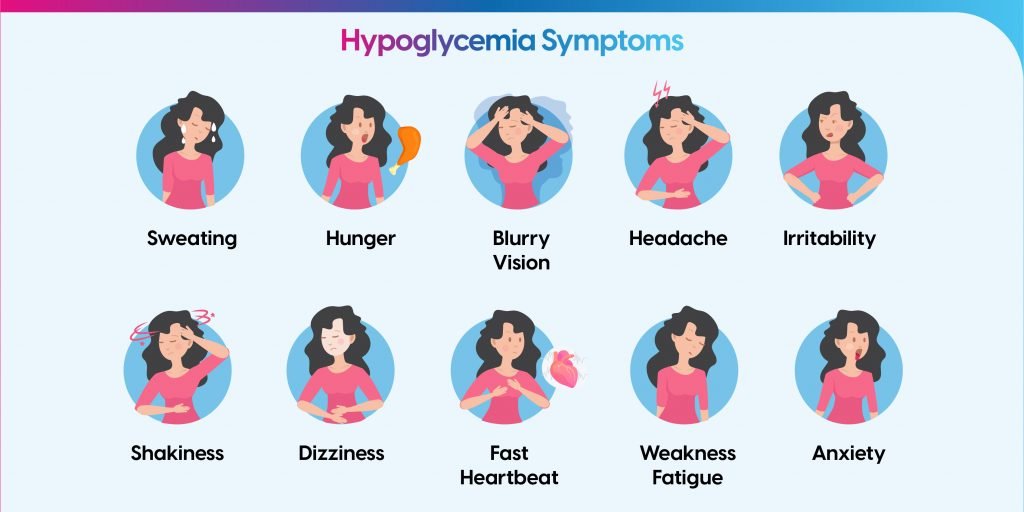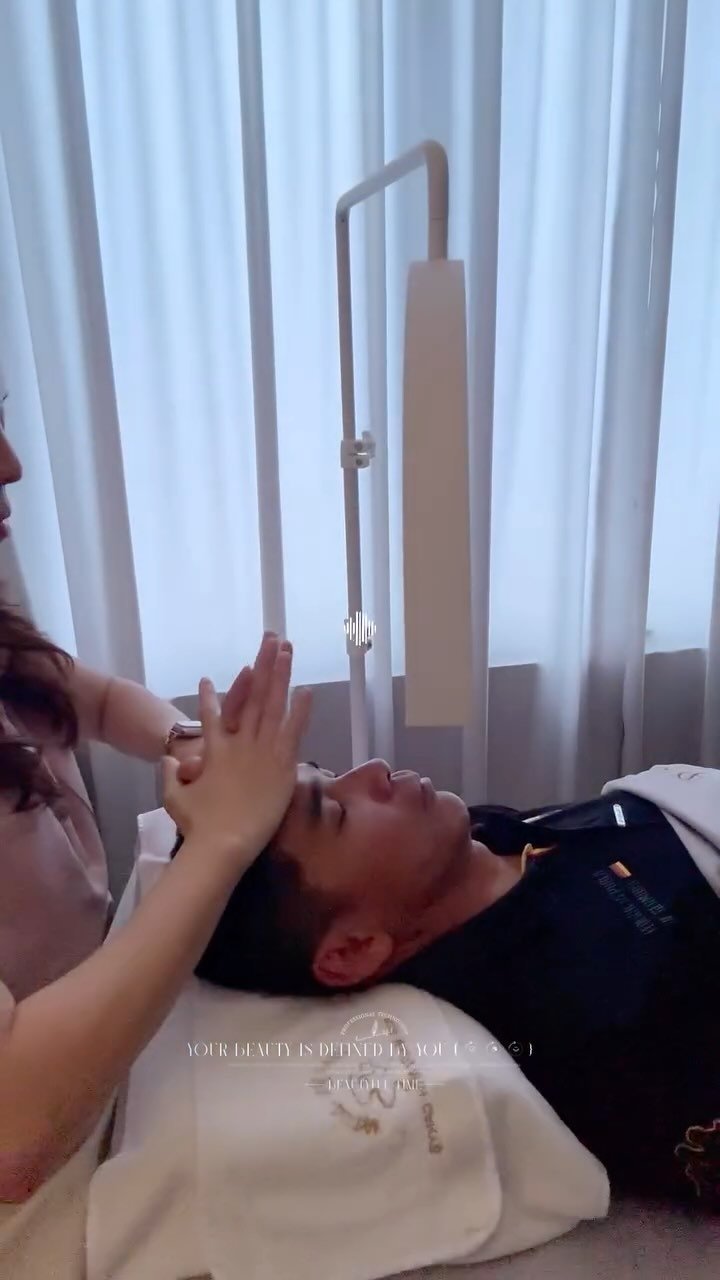Hypoglycemia, often overlooked, can strike unexpectedly and pose serious risks. It’s more than just dizziness and fatigue—it can have far-reaching consequences. Knowing the symptoms, how to respond in an emergency, and how to prevent it is vital for your health and the well-being of those around you.
Recognizing Hypoglycemia: The Body’s Warning Signs

When blood sugar drops, the body sends clear signals. Early signs typically include sweating and shaking, triggered by the sudden drop in glucose levels. As the brain becomes starved of glucose, symptoms like dizziness, poor concentration, and temporary confusion may follow. Mood swings, including anxiety, irritability, or panic, are also common. If left untreated, it can lead to unconsciousness or seizures, which are potentially life-threatening.
First Aid: Quick Action is Critical
If hypoglycemia occurs, fast action is key. The first step is to quickly ingest sugar—choose sugary drinks, candies, or a spoon of honey to rapidly raise blood sugar levels. However, sugar alone isn’t enough to prevent future drops, so follow up with foods rich in protein or complex carbs, like whole-grain bread, nuts, or milk, to sustain blood sugar.
Once the symptoms improve, continue to monitor the individual. If the symptoms don’t resolve, or if hypoglycemia occurs regularly, it’s important to consult a doctor. If unconsciousness sets in, call emergency services immediately and try to apply sugar water inside the mouth to aid absorption.
Triggers of Hypoglycemia: Everyday Habits to Watch For

Hypoglycemia often stems from everyday activities. Skipping meals, irregular eating patterns, or extreme dieting can all cause a sudden drop in blood sugar. Intense physical activity, without proper energy intake, can deplete glucose levels quickly. For individuals with diabetes, improper insulin doses or medication errors can lead to hypoglycemia. Maintaining a balanced diet, proper rest, and appropriate medication is crucial to reducing the risk of hypoglycemia.
How to Recover: The Right Foods Matter
In the event of hypoglycemia, it’s not just about eating quickly—it’s about eating the right things. Start by consuming fast-acting sugars like juice, candies, or sugar water to boost blood sugar levels quickly. Afterward, follow up with foods that provide longer-lasting energy, such as whole-grain crackers, yogurt, milk, or nuts, to help stabilize blood sugar and prevent future drops.
Preventing: Simple Lifestyle Adjustments

Preventing hypoglycemia is possible with some simple lifestyle changes. Regular meals, along with smaller, more frequent snacks, can help maintain stable blood sugar levels. If you’re exercising, be sure to replenish your energy, especially after intense activity. Proper sleep and avoiding overexertion also help prevent blood sugar from dropping. For diabetics, it’s important to regularly monitor blood sugar levels and follow medical advice carefully.
Final Thoughts: Hypoglycemia Can Be Managed with Knowledge
Though hypoglycemia can happen at any time, it’s not something to fear once you understand how to manage it. With the right knowledge of symptoms, emergency response, and prevention techniques, you can stay in control. By adopting a healthy diet, regular exercise routine, and mindful habits, hypoglycemia can be effectively managed. Take action now to safeguard your health from this potential risk.
Malaysia Emergency Respond Service Phone Number: 999
Related organisation: Malaysian Emergency Response Services 999 (MERS 999)










